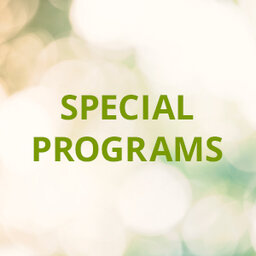In an age when loneliness is more pervasive than ever before, genuine connection may feel out of reach for you. But what if community and closeness are nearer than you thought? Our guest, Cindi McMenamin, will help you view feelings of aloneness not as obstacles to growth, but as opportunities to draw closer to the heart of God. God did not create us to live in isolation. Journey with the Lord from aloneness to abundance, and flourish as you deepen your relationships with God and others.
 In the Market with Janet Parshall
In the Market with Janet Parshall



